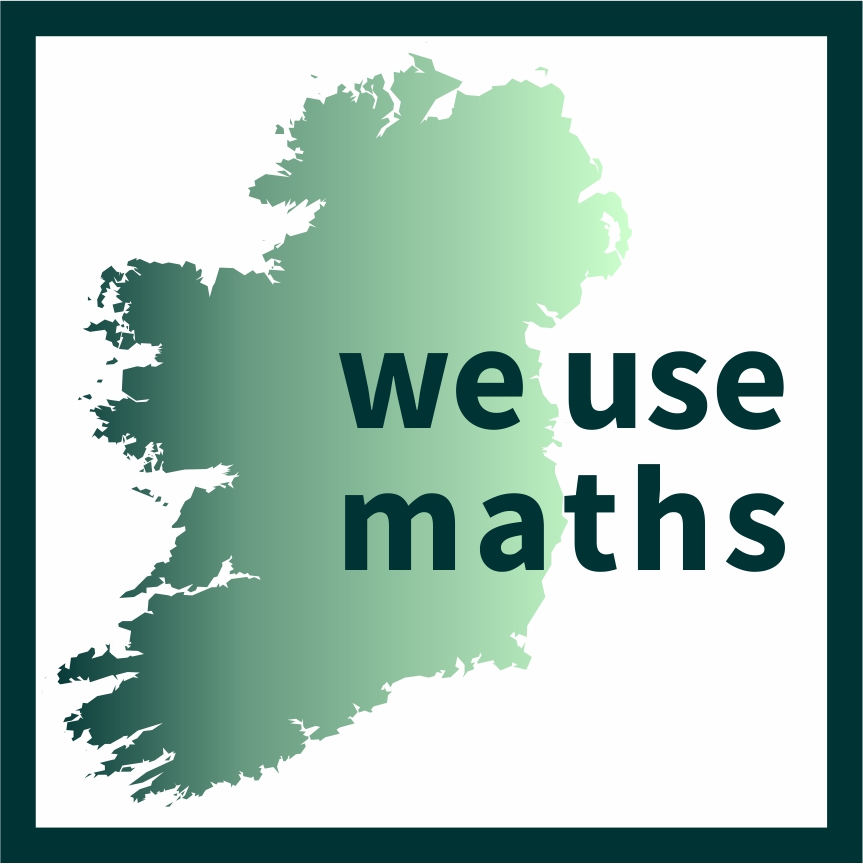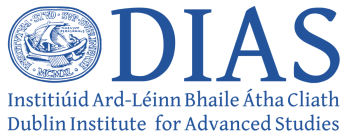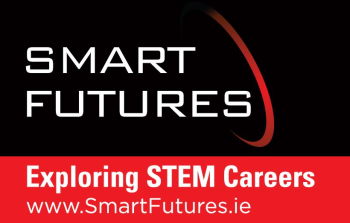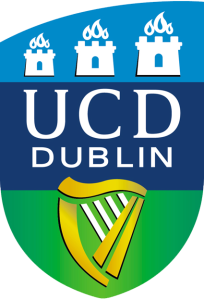John Purdue:
Subsea Mechanical Engineer
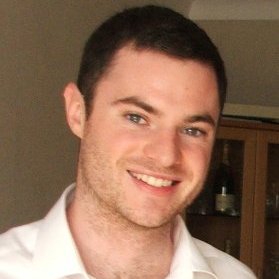
Your name?
John Purdue
Your job title?
Subsea Systems Engineer (Mechanical)
What are your main tasks / responsibilities?
My title is ‘Subsea Systems Engineer’. I work as part of consultancy specialising in offshore Oil and Gas developments. The group is mostly involved with projects at ‘Concept’ phase, or ‘Pre-FEED’ (Front End Engineering Development).
My role in this group involves the development of the project from the seabed to the topside (above water) destination. It is usual for a another company to take care of sub-surface (below the seabed) and another section of my team to take care of developing the topside facility, which may be a platform or floating system. It is also common for pipelines to be routed directly to shore.
I am responsible for preparing various technical reports and drawings for a client. These would usually include P&IDs, isometric representations of the development, a conceptual engineering report summarising the findings of various disciplines, specifications / functional descriptions and some studies unique to the project.
How do you use mathematics within your job?
For many design engineers it is important to ensure the correct parameters (formulae) are utilised during design. The maths that many engineers use would usually be tried and tested, and exist in a calculation tool (spreadsheet or a modeling software). It is rare to find engineers ‘doing sums’ in their day to day jobs, except to get a rough ‘back of the envelope’ answer perhaps.
I draw from an education based on mathematics, giving me confidence to go into design detail as needed. However, it is rare that I find myself actually ‘doing maths’ on a daily based.
What type of mathematics for you use to solve problems?
As above. The maths I would be most exposed to would be learned during Fluid Mechanics and Thermodynamics courses.
What aspects of the mathematics curriculum or mathematics courses have proven most useful to you?
When looking at secondary school, the most useful maths was learned during the ‘Applied Maths’ course. This in turn draws from Algebra and Calculus in the higher level course.
What is your education to date?
Leaving Cert
1st Class Honours Degree in Mechanical Engineering (UCD)
Scholarship and Masters in Mechanical Engineering (UCD / Rice University)
What advice would you give to someone considering your job?
Work hard enough during your time in education to make yourself proud. Learn from as wide a base as possible, as you never know what path you’ll eventually follow.
What do you find most interesting in your job and what do you find are the main challenges?
I enjoy working on some of the largest engineering developments in the world (albeit at Concept stage currently). The main challenges (aside from the current industry downturn) are to keep a up a high quality of work, to ensure I’m constantly learning new things on the job while acquiring ever more responsibility with each new project.
